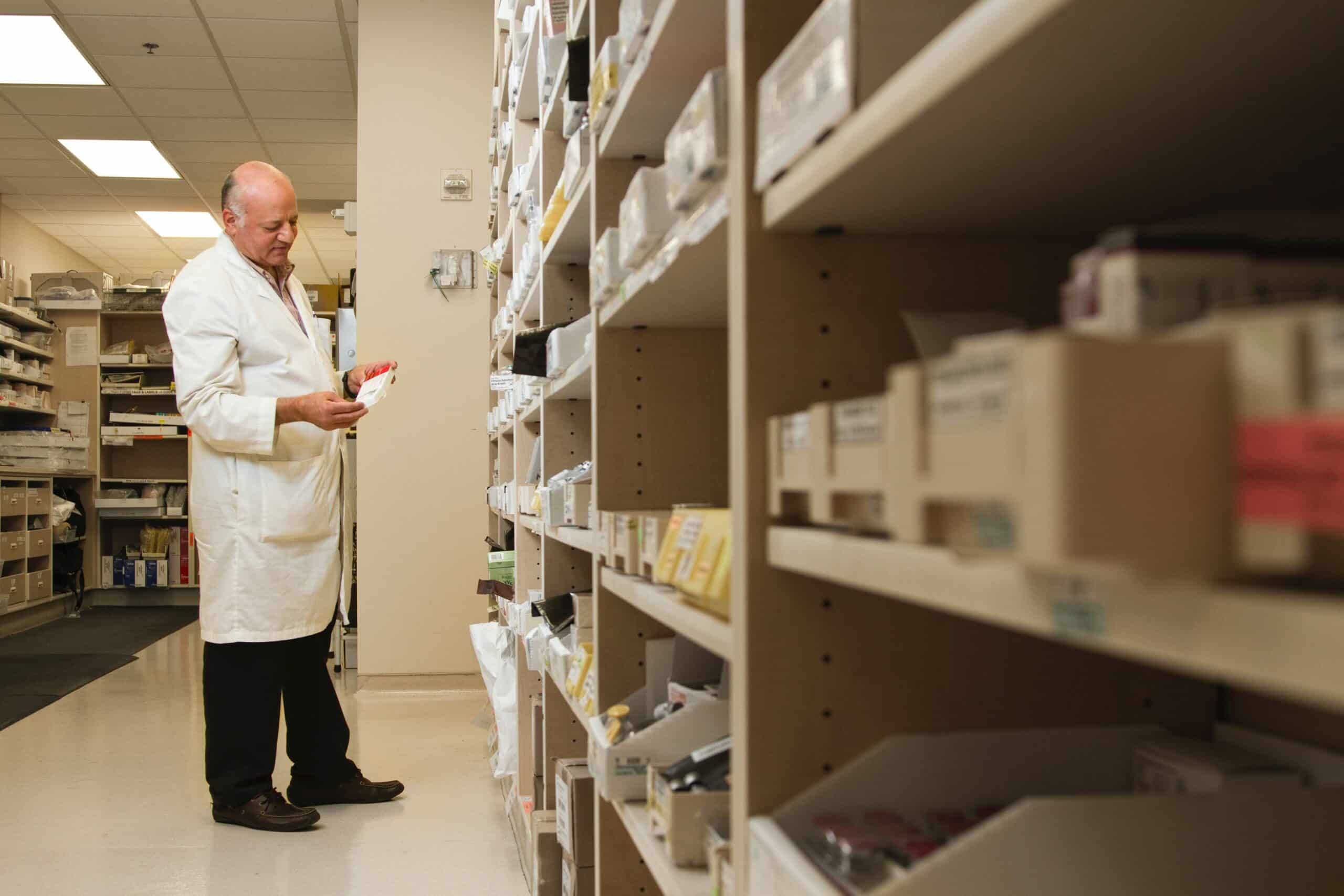
by Evolve Indy | May 31, 2023 | Drug Treatment
Breaking free from addiction is often difficult. Despite experiencing negative consequences, those struggling with addiction may find it hard to break the habit. There are several reasons for this including being afraid or unwilling to deal with withdrawal symptoms or...

by Evolve Indy | May 29, 2023 | Drug Treatment
Addiction is referred to as a family disease and it’s easy to see why. Addiction doesn’t happen in a vacuum and those affected by this disease are often part of a family. As the addiction takes hold, the individual may start changing their behavior, affecting the...

by Evolve Indy | May 27, 2023 | Drug Addiction
The misuse of prescription drugs is a serious and growing health issue in the United States. From opioids to tranquilizers, the abuse of these medications has caused untold harm and economic devastation in many communities—yet few truly understand how it can happen....

by Evolve Indy | May 13, 2023 | Blog
The impact of addiction on intimate relationships is devastating. Addicts often damage the trust and connections they have with their partners, leading to a breakdown in communication. The hurt can be deep and long-lasting, making it difficult for these relationships...

by Evolve Indy | May 11, 2023 | Blog
As the human body constantly evolves, our minds, bodies, and souls have the innate power to restore themselves. While addiction is a complicated issue that affects everyone differently with far-reaching implications on physical health, emotional well-being, and even...






